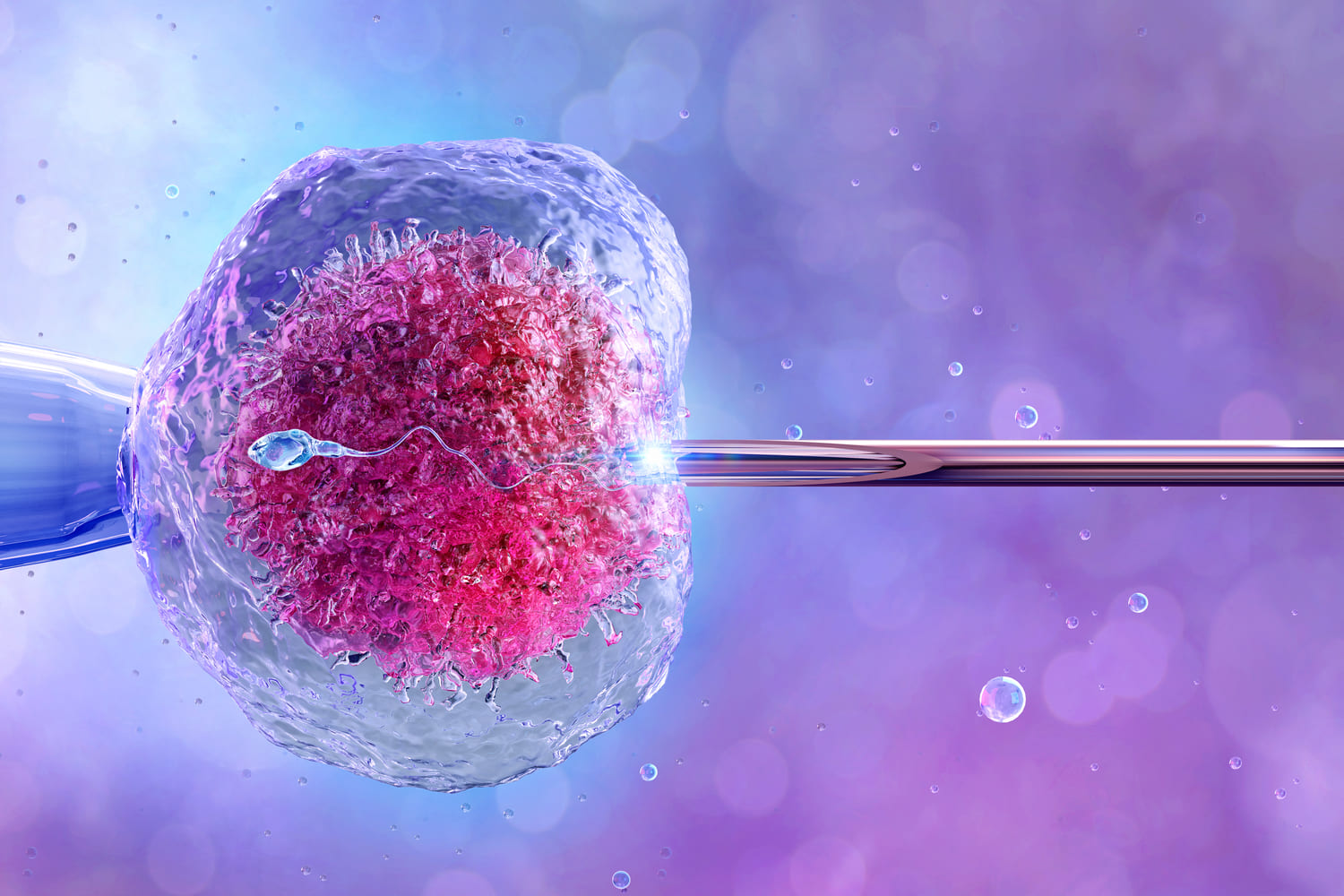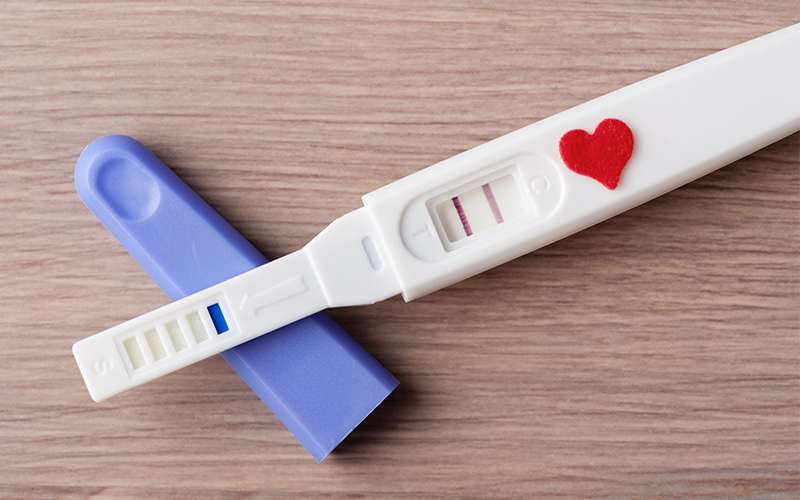Author: Dr. Ekawali Gupta MBBS, MS
Consultant: Obstetrician and Gynaecologist at Motherhood Hospital Mohali
Every delivery is unique for each mother and infant. Moreover, women may also have different experiences with each new labour and delivery. Giving birth is a life-changing moment that you are going to cherish for the rest of your life. Hence, it is normal for you to know about your choices. According to Dr Ekawali Gupta, MBBS, MS Degree in OBG, Consultant Obstetrician and Gynaecologist, women should know about their labour and delivery choices and consequences as part of their birth plan. To do this, you should consult the best gynaecologist in Mohali to create a birth plan with your doctor.
What is a Vaginal Delivery?
As the name suggests, a vaginal delivery is when a woman gives birth through her vagina. It is the most common method of childbirth during which your uterus contracts to open your cervix and push your baby out through the vagina. The top gynaecologist in Mohali prefers vaginal deliveries as these are the safest for both mother and the baby. A vaginal delivery usually occurs between 37 to 42 weeks of pregnancy
What are the Types of Vaginal Delivery?
The best gynaecologist in Mohali enlists the following types of vaginal deliveries:
- Spontaneous Vaginal Delivery: This vaginal delivery occurs on its own and without any labour-inducing drugs.
- Induced Vaginal Delivery: This vaginal delivery occurs due to drugs or other techniques to initiate labour and prepare your cervix for delivery.
- Assisted Vaginal Delivery: This vaginal delivery occurs with the help of forceps or a vacuum device to get your baby out.
What are the Stages of a Vaginal Delivery?
A normal vaginal delivery can be segregated into the following three stages:
1.Labour
The labour starts with uterine contractions and ends with your cervix being dilated (up to 10 centimetres). It can also be classified as early, active, and transitional labour.
2.Stage 2 of labour/ Birth of baby
This stage is classified as latent and active labour. Active labour is further divided into stage 1 in which the cervix dilates upto 10 cm, stage 2 in which you push the baby out and stage 3 in which placenta is expelled
The birthing stage starts as soon as your cervix is dilated up to 10 centimetres and ends with the birth of your baby through the vagina. During this stage, you may experience strong contractions and begin to push the baby out. You may also feel pressure and the top gynaecologist in Mohali will coach you through the pushing. This can last for a few minutes or hours.
3.Stage 3 of Labour /Expulsion of Placenta
The last stage of labour is delivering the placenta. As soon as your baby is removed from the vagina, your placenta is also removed. Your doctor will ask you to push more to evacuate the placenta from your vagina.
What are the Advantages of a Vaginal Delivery?
A vaginal delivery offers the following benefits:
- Shorter recovery time.
- Lactation starting sooner.
- Lower chances of pregnancy complications.
- The improved immune system of the baby.
When Should You Avoid a Vaginal Delivery?
A vaginal delivery is often the preferred method. It should, however, be avoided if:
- Your baby is in a breech position.
- You have an untreated infection like Hernia, genital warts etc..
- You have a chronic health condition.
- You have placenta previa or problems with your placenta.
What are the Risks of Vaginal Delivery?
Vaginal delivery is mostly the safest. These, however, may also complicate the following:
- Vaginal tears.
- Irregular foetal heart rate.
- Haemorrhage.
- Failure to progress birthing.
- Postpartum preeclampsia.
- Deep vein thrombosis.
Vaginal delivery is the preferred choice of delivery method due to its safety and fewer complications involved. You should, however, discuss all your options with your doctor before opting for one. If you want to discuss this, you can consult Dr Ekawali Gupta at the Motherhood Hospitals.
At Motherhood Hospitals, we have a team of experienced supers specialists backed by the latest infrastructure and facilities. We have the best gynaecologist in Mohali. We are experts in handling complex deliveries, gynaecological, and other surgeries including a range of laparoscopic surgeries.
Do take an appointment with the best woman care hospital in Mohali at a centre closest to you. Meet with our doctors who will carry out the required investigations, diagnose the issue and recommend the most appropriate treatment, enabling you to lead an active life.
If you wish to get in touch with Dr. Ekawali Gupta, please book your appointment here.


















